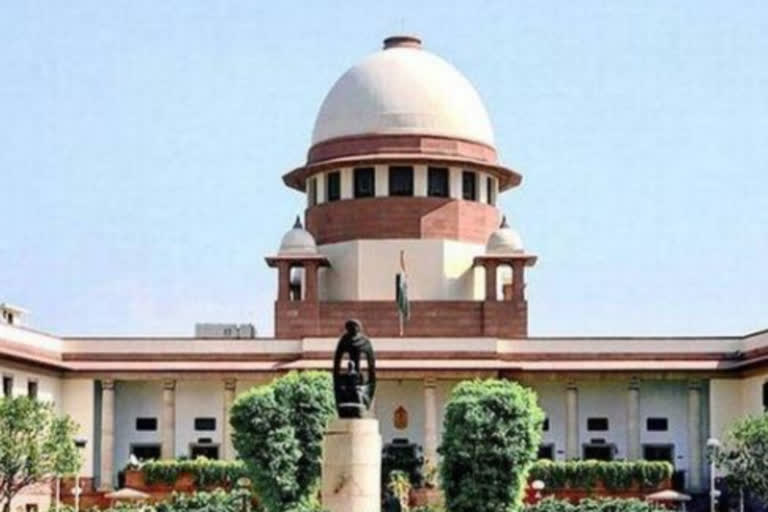New Delhi: The Supreme Court was urged on Tuesday to consider laying down a law on the practice of governments submitting affidavits in sealed cover as it results in creating bias in the mind of a judge and deprives the opposite party of the chance to defend itself.
The counsel for Malayalam news channel 'MediaOne' told a bench of Justices D Y Chandrachud and Hima Kohli that affidavits in sealed cover were being filed behind the back of other parties even after the arguments in a case were over. The top court was also told that security clearance from the Centre is not needed for the renewal of broadcast license.
The bench was hearing the news channel's plea against the Kerala High Court order upholding the Centre's decision to ban its telecast on security grounds. Senior advocate Dushyant Dave, appearing for the channel, said, "This court has to consider laying a law on the practice of sealed cover affidavits adopted by the government. These affidavits in the name of national security are filed behind the back of opposite parties depriving them of defending themselves. This also creates a bias in the minds of judges."
Also read: Centre bans MediaOne news channel again, Kerala HC stays the order for two days
He said that in courts of Western countries when this kind of material which deals with sensitive material like of national security comes before the court, it appoints a neutral person to look into it and assist the court. "This court can also consider a similar practice to be adopted. This sealed cover practice is a very serious problem and goes against the jurisprudence of law. When a judge sees the sealed cover with national security written on it, he becomes cautious. National security is often being used in the courts across the country and this is happening repeatedly," Dave said.
He said that he will be referring to some judgments of the Western countries on the issue of sealed cover and national security. Justice Chandrachud also recalled a recent decision of the court in which an Armed Force Tribunal while dealing with a case related to the Permanent Commission in the Navy had relied on a sealed cover report, while the other side did not get an opportunity to respond to that content.
"Ultimately, we have set aside the order of the Armed Force Tribunal," Justice Chandrachud said, adding that it was a service matter and even then the material was given in a sealed cover. Dave said that in this case of the channel, a sealed cover report was given to the judge of the Kerala High Court, and based on it, the findings were given.
The apex court was told that security clearance from the Centre is not needed for the renewal of broadcast license and the government does not have omnibus discretion to impose any new condition. The top court had on March 15 in its interim order stayed until further directions the January 31 directive of the Centre revoking license of the news channel and banning its telecast on security grounds.
